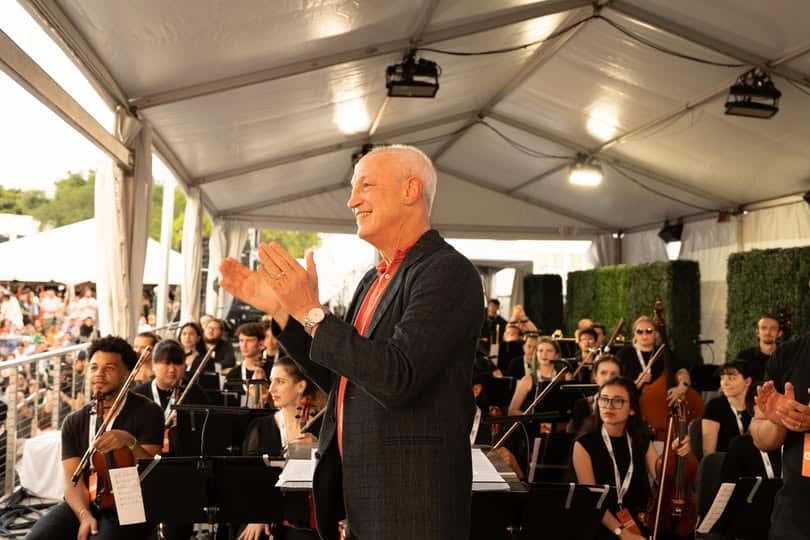Death of a leading Brucknerist
RIPMessage from Christopher Stager:
William Carragan (1937-2024)
It is with a great deal of sadness that I announce the passing of William Carragan. He was an incredible scholar and musicologist and a dear friend. He died in Troy, New York on June 9th.
I will leave it to others to fill in the details of his remarkable life and his achievements as I would prefer to use this space to recollect a few of my collaborations with him over the years.
When I was able to successfully resurrect the Bruckner Society of America, one of my initial priorities was to present Will with the Society’s Julio Kilenyi Medal of Honor. It was an honor long overdue and I was proud to be the one to make that happen.
In 2012, Will and I travelled together to the Dominican Republic to attend a performance of the Bruckner Symphony No. 7 – the first performance of a Bruckner symphony in that country. Will was to coach the conductor on some of the intricacies of the score. During that trip, Will and I were recorded as we had a conversation about the performance. That conversation can still be seen here.
On another trip to visit a mutual friend, I pressed Will on the idea of preparing a booklet that would describe (with audio examples) some of the differences in the various versions and editions of Bruckner’s symphonies. With the assistance of Benjamin Korstvedt, Will tackled the project but quickly expanded the project from a booklet to a full sized book, “ANTON BRUCKNER: Eleven Symphonies” subsequently published and distributed by the Bruckner Society of America.
I know many of my friends and musical colleagues will have stories to tell and I promise to publish any of their recollections that they send to me.
I have lost a wonderful friend and the Bruckner community has lost one of its greatest scholars.
William Carragan was Professor of Physics at Hudson Valley Community College in Troy, New York, from 1965 to 2001, and is the author of a four-volume textbook of introductory university physics.
He created new performing editions of the first, second, eighth and ninth symphonies of Anton Bruckner.






Comments